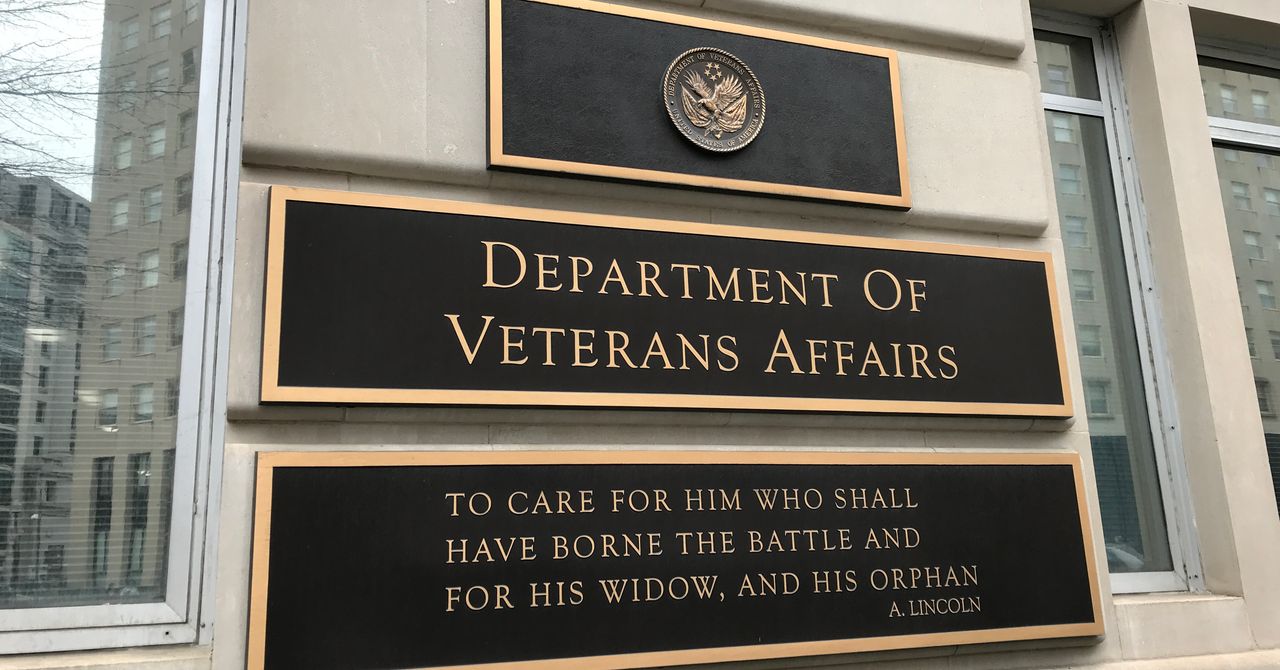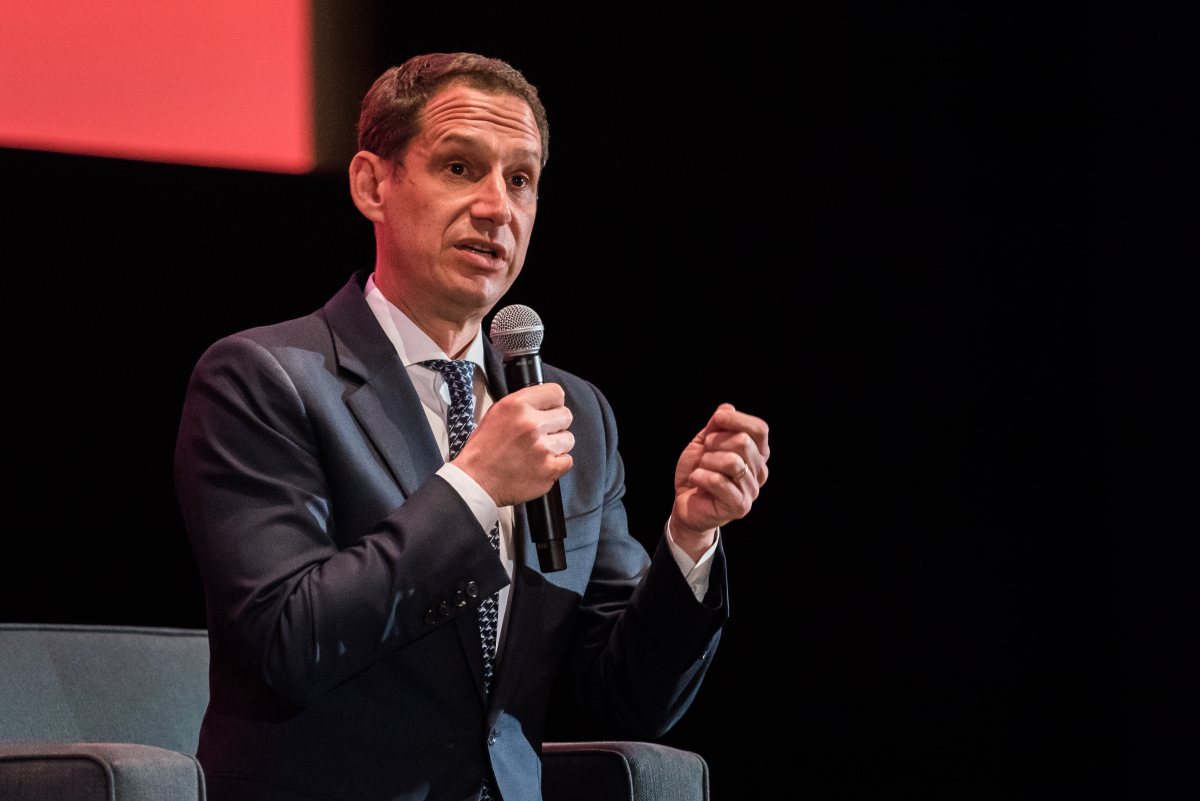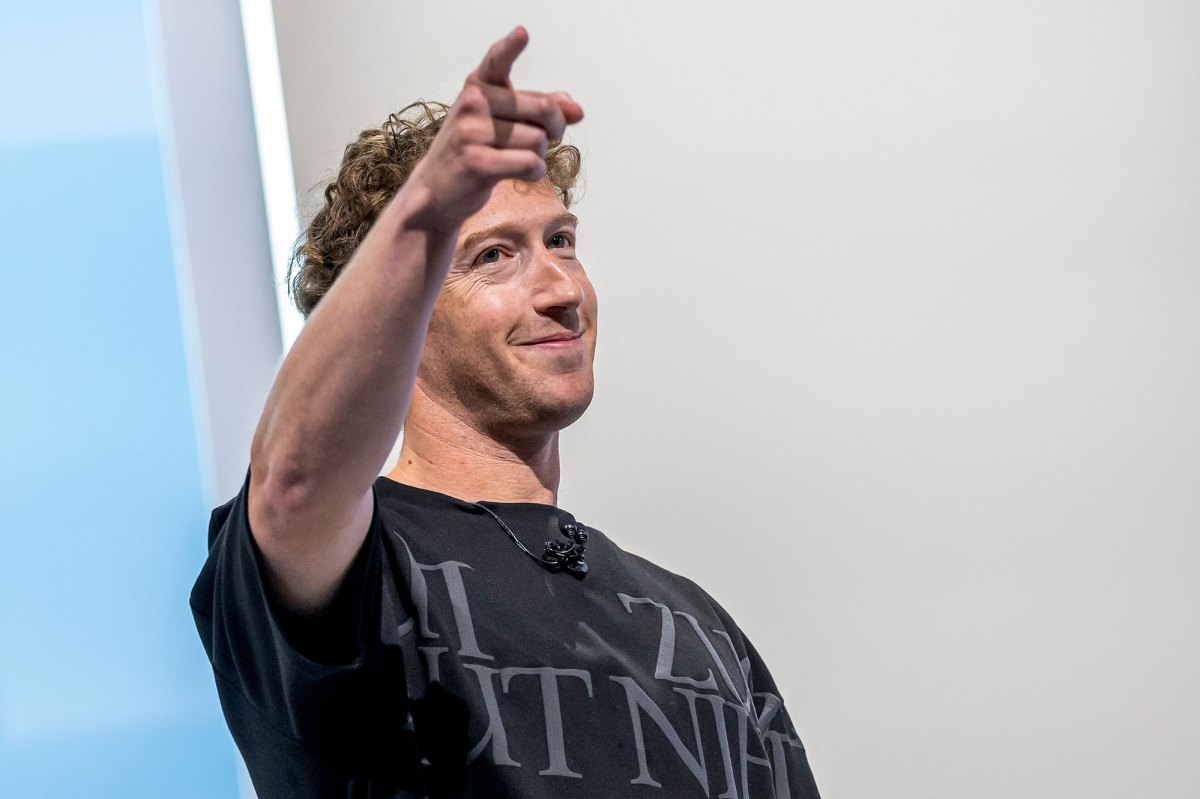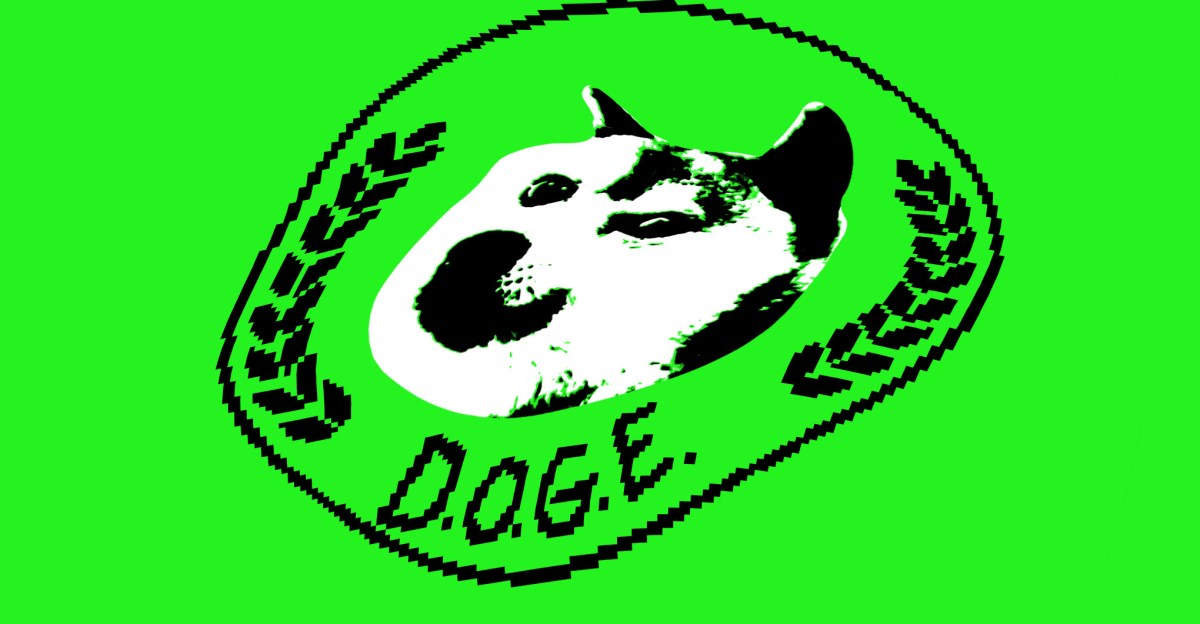
The Boost of AI in DOGE within the Department of Veterans Affairs.
An employee of DOGE in the Department of Veterans Affairs appears to be attempting to use an artificial intelligence tool to develop code intended for the agency's systems, among other initiatives.
The Government Efficiency Department (DOGE), led by Elon Musk, has made it clear that it plans to lay off thousands of employees at the Department of Veterans Affairs (VA). A recent report has revealed details about certain DOGE operations within the VA and their attempts to infiltrate and drastically modify the agency.
On March 25, technical staff and contractors at the VA noticed the presence of a new name, Sahil Lavingia, who was trying to implement changes that could affect the code of VA.gov. Lavingia, who is designated as an advisor to the Chief of Staff, Christopher Syrek, immediately drew attention by gaining access to the VA’s GitHub platform, where projects and codes for the site are stored.
VA employees have expressed concerns following their interactions with Lavingia. Aside from his access to GitHub, he has shown his intention to digitalize the agency and has been exploring the use of an artificial intelligence tool called OpenHands for coding the VA’s systems. According to sources, Lavingia received a "zero account," which grants him privileged access to those systems.
Lavingia is not the only DOGE representative at the VA. Cary Volpert and Christopher Roussos are also part of this delegation. Other known members include Justin Fulcher and Payton Rehling, both with ties to companies and foundations close to Musk.
DOGE operatives possess work experience that seems far removed from the complexity of the VA, which manages benefits for approximately 10 million veterans and their families. Lavingia, with a background as CEO of Gumroad and acclaimed for his work in Silicon Valley, has caused resistance among VA employees who feel that his changes could jeopardize the care necessary for veterans.
Congressman Gerald Connolly has pointed out that DOGE’s actions within the VA represent a risk to veterans' lives, who might see their deserving care threatened. Employees have expressed their fear and confusion regarding the courses of action suggested by Lavingia, believing he lacks the necessary understanding of how the VA operates and the responsibilities it entails.
Lavingia’s intention to use AI to automate processes has raised concerns about the security of sensitive data, such as veterans' Social Security numbers and their medical histories. VA workers have indicated that, while they have not received formal approval for the use of such tools, there is pressure to justify the lack of AI implementation in development contracts.
Additionally, Lavingia has proposed significant changes to the VA’s internal procedures, such as eliminating paper forms, without considering the more vulnerable populations that prefer traditional means. He has also attempted to change simple elements in the website code, raising concerns about its accessibility and compliance with regulations.
VA employees have been dealing with a sudden shift in workplace culture, exacerbated by Lavingia's presence and DOGE's backing, creating an environment of fear and uncertainty regarding their future within the organization. The implications of these changes on veterans' care and the management of their personal data remain a major concern.




